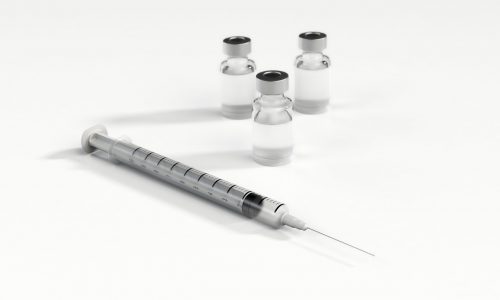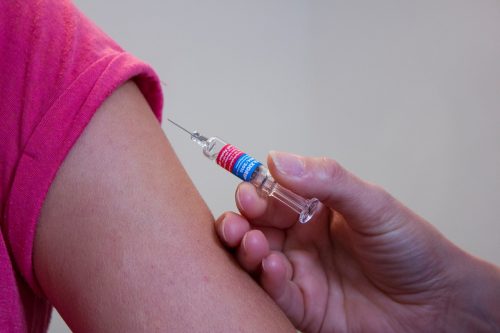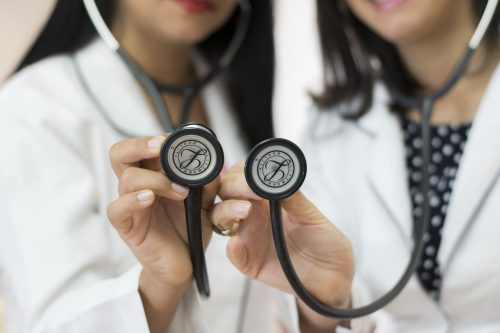Polio, smallpox, measles, tuberculosis, whooping cough, diphtheria, hepatitis B and neonatal tetanus were just among the fatal diseases that are now under control through widespread vaccination. Since the discovery of vaccines, science has found its way to improve human life, and vaccines have contributed a lot to this undertaking as they play an essential part of our wellness. Vaccines work by stimulating the production of antibodies and provide immunity for the body against fatal diseases.

However, parallel to the eradication and control of fatal diseases is the discovery of new conditions, and cancer has been one of the diseases that is significantly affecting most of the people worldwide. The cure for cancer remains unseen, with ongoing research and scientific experiments to help stop the spread of this deadly disease. In the course of finding the exact cure for cancer, scientists have considered other vaccines as a prophylactic measure of the occurrence of cancer cells.
Cancer preventive vaccines are now available for specific types of cancer. These vaccines have shown potency to fight off viruses that can cause mutation in some normal cells thus making them cancerous. Presently, the FDA approves two types of vaccines that can prevent cancer; these are the human papillomavirus and hepatitis B virus vaccines respectively.
HPV And The Cancers It Causes

Cervical cancer is the fourth most common cancer in women. It caused by human papillomavirus (HPV) which can also infect the anal and throat areas. In the latter cases, men are the most commonly affected mainly if they are practicing sexual intercourse and oral sex with a person with HPV infection. If you have a history of cancer in the family, it is highly recommended to have a vaccination against HPV. At present, there are two types of HPV vaccines in the market and are readily available for all genders – Gardasil 9 and Cervarix. As per the Centers for Disease Control and Prevention (CDC), it is recommended to give HPV vaccine at the early age of 11 years old.
Symptoms of cervical cancer include the presence of irregular menstrual periods, bleeding after intercourse, pain in the back, legs, and pelvic areas, unexplained fatigue and weight loss, odorous discharge from the vagina and some form of discomfort even without intercourse, and in severe cases a swollen leg.
Hepatitis B Vaccination
Hepatitis B infections can eventually develop liver cancer. This type of infection is made possible via contact with blood or other body fluids from a person with active Hepatitis B virus. Contrary to different beliefs, Hepatitis B cannot be obtained from food contamination. The possible way for a person to be infected with the virus is through the exchange of bodily fluids such as in sexual intercourse or getting pricked by a needle used to a patient with Hepatitis B virus. The most common vaccines utilized today are Engerix-B and Recombivax HB. Studies show that if vaccinated on the early stage before exposure to the said virus, the risk for having liver cancer is minimized or prevented.
An Ounce Of Prevention

The adage of staying healthy still contributes to preventing illnesses and diseases – “An ounce of prevention is ALWAYS better than a pound of cure.” Aside from getting the recommended vaccines, maintaining a healthy and active lifestyle and seeing your doctor even if you don’t have any symptoms, just to evaluate your current condition, are beneficial to maintain a well-balanced physical and mental health.
